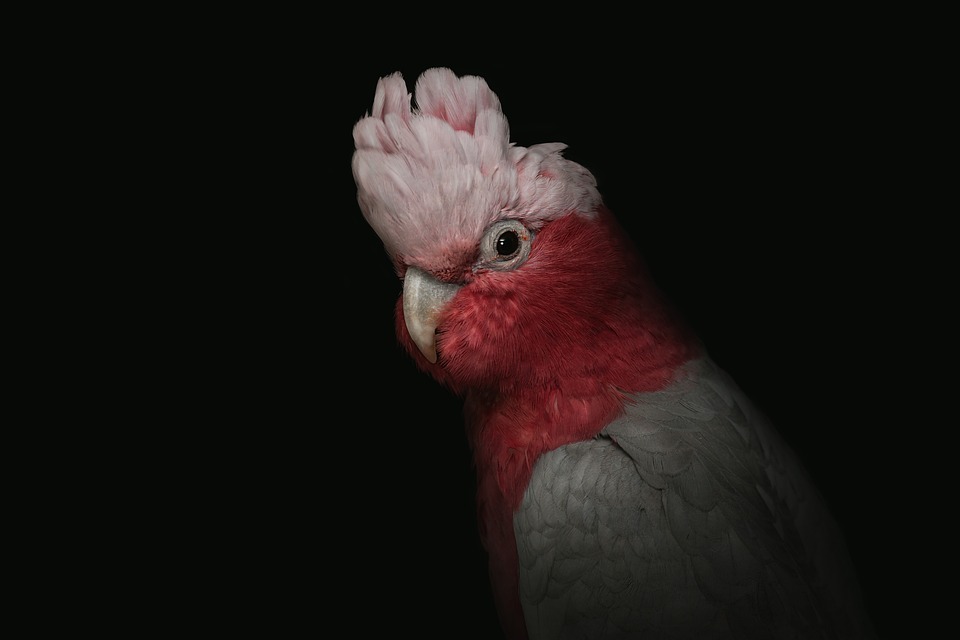Parrots, with their vibrant plumage and remarkable mimicking abilities, have long captured the fascination of humans. Their intelligence and social nature make them popular pets, while their ability to mimic sounds and speech adds an extra layer of intrigue. One aspect that has been extensively studied is how parrots respond to music. This article delves into the fascinating world of parrot behavior when exposed to music, exploring their reactions, potential benefits, and FAQs surrounding this topic.
Understanding Parrot Behavior when Exposed to Music
Parrots are known for their sensitivity to sound, making music an intriguing stimulus for them. When exposed to music, parrots often display various behavioral responses that can range from subtle body movements to more overt reactions. Let’s take a closer look at some of these behaviors:
1. Head Bobbing and Dancing: Parrots are often observed bobbing their heads or even engaging in intricate dance-like movements when exposed to music. This rhythmic response suggests that parrots may be naturally inclined to synchronize their movements with the beat and rhythm of the music.
2. Vocalizations and Singing: Parrots, renowned for their ability to mimic sounds, may also respond to music by vocalizing or even attempting to sing along. Some parrot species, such as the African Grey Parrot, have demonstrated astonishing aptitude in reproducing complex melodies.
3. Attention and Engagement: When music plays, parrots often display heightened attention and engagement. They may become more alert, actively listen, and focus their gaze on the source of the music. This behavior indicates that parrots perceive music as an interesting and attention-grabbing stimulus.
4. Relaxation and Calming Effects: Certain types of music, particularly soothing melodies or classical compositions, have been observed to have a calming effect on parrots. They may exhibit relaxed body postures, reduced vocalizations, and a generally serene demeanor in response to such music.
5. Stressful Reactions: On the other hand, loud or discordant music can invoke stress responses in parrots. They may exhibit signs of agitation, increased vocalization, or attempt to distance themselves from the source of the music. It is crucial to be mindful of the type and volume of music played around parrots to ensure their well-being.
The Potential Benefits of Music for Parrots
The effects of music on parrots extend beyond mere entertainment. When provided with appropriate music, parrots may experience several benefits, both physiological and psychological. These potential advantages include:
1. Stimulation and Enrichment: Parrots thrive on mental stimulation, and music can serve as a valuable enrichment tool. Well-chosen music can provide novelty, engage their senses, and prevent boredom, enhancing their overall well-being in captivity.
2. Bonding and Social Interaction: Playing music and dancing together can create opportunities for parrots and their human companions to bond and interact. This shared experience can strengthen the social connection and trust between the parrot and its caregiver.
3. Mood Enhancement: Just like humans, parrots may experience mood enhancement when exposed to music they enjoy. Pleasant melodies can promote a positive emotional state, leading to a happier and more contented parrot.
4. Cognitive Stimulation: Music with complex rhythms and melodies can challenge parrots’ cognitive abilities, stimulating their brain and potentially enhancing their learning and problem-solving skills over time.
Frequently Asked Questions (FAQs)
Q: Can all parrots respond to music?
A: Yes, most parrot species have the ability to respond to music in some way. However, the extent and nature of their response may vary. Individual preferences also play a role in determining how parrots react to specific types of music.
Q: What type of music do parrots prefer?
A: Parrots have diverse musical preferences, much like humans. While individual preferences vary, parrots often show a preference for calming and melodic music, such as classical compositions or soft instrumental tunes.
Q: Can playing music excessively be harmful to parrots?
A: Excessive exposure to loud or discordant music can be stressful for parrots and may negatively impact their well-being. It is crucial to strike a balance and provide appropriate music in moderate volumes for limited durations.
Q: Can I train my parrot to dance or sing along with music?
A: Some parrots can be trained to respond to specific cues or melodies, leading them to dance or vocalize in sync with the music. However, not all parrots may exhibit this behavior naturally, and training should be done with patience, positive reinforcement, and respect for the individual bird’s preferences and limits.
Q: Are there any specific precautions I should take when playing music around my parrot?
A: Yes, it is essential to consider the volume, type, and duration of music played around your parrot. Avoid excessively loud or discordant music, prolonged exposure, or sudden changes in volume that could stress or startle your bird. Observe their behavior and adjust accordingly.
In conclusion, parrots’ response to music is a captivating aspect of their behavior. Understanding their reactions and providing appropriate music can offer numerous benefits, including enrichment, bonding, and mood enhancement. By considering their preferences and well-being, we can create a harmonious and enjoyable musical experience for our feathered friends.









